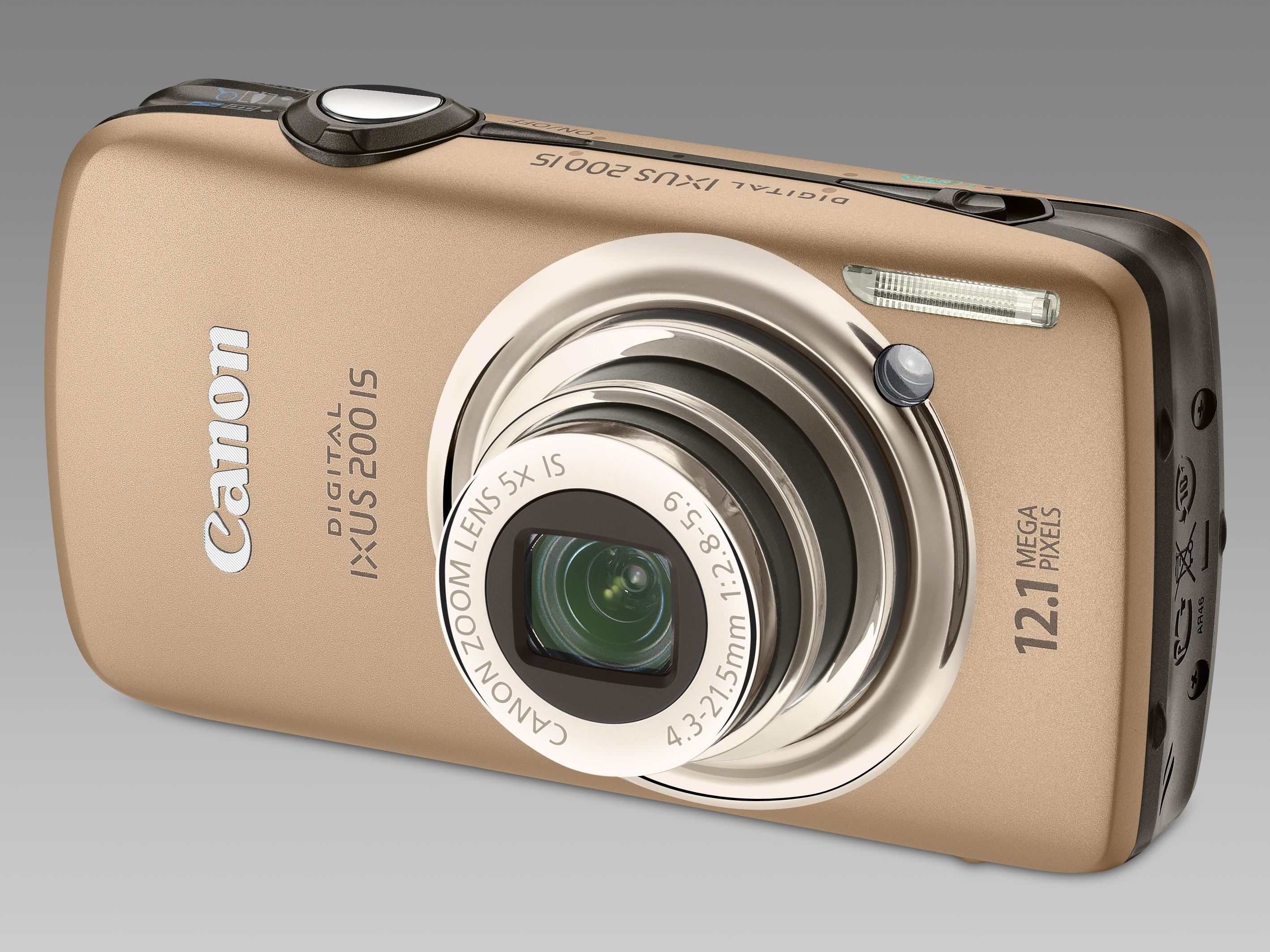Why you can trust TechRadar
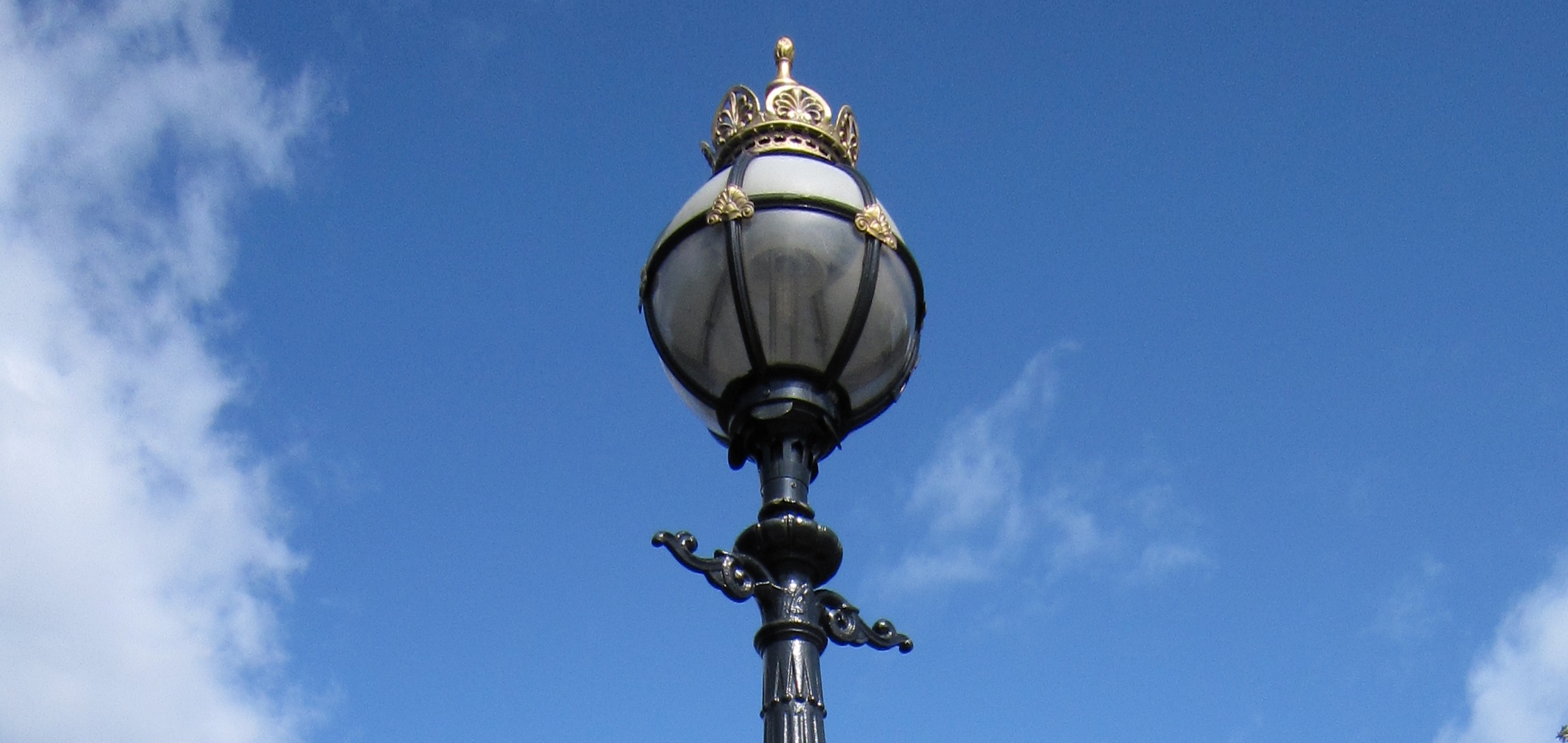
More important is the IXUS 200's image quality, which is excellent. It uses the same DIGIC 4 processor as the Canon 5D MKII, and our test images were superb.
Our shots show rich, accurate colours, and the 5x zoom (24-120mm in 35mm terms) lens is cracking as well. Zoomed all the way in we noticed no problems with sharpness. The motor powering the lens is fast as well – going from wide-angle to fully zoomed-in took a shade over a second and a half in our tests.
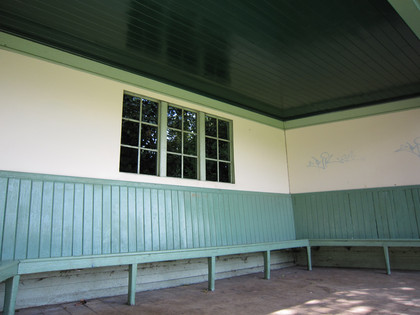
We were also pleased to note a lack of purple fringing in areas of high contrast – a near constant bugbear for users of compact cameras.
There are 12.1 million pixels crammed on to the small sensor in the IXUS 200, producing 4,000x3,000 images. The high pixel density means image noise can be a problem, and it's true that beyond ISO 400 you'll start to see noticeable amounts of noise disrupting supposedly clear areas.
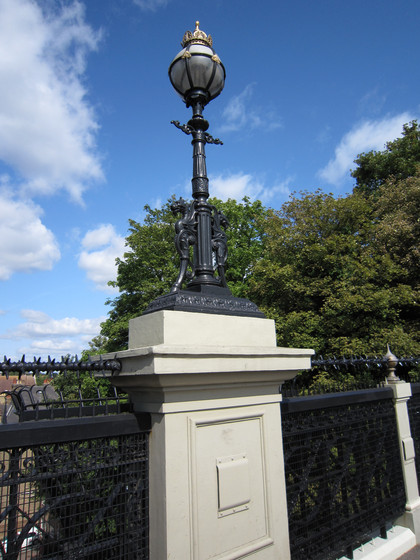
And, although you can push the ISO as high as 1600 in normal mode, our images at this setting were ruined. Muddy colours and spoiled detail make it a setting best reserved from when you're absolutely prevented from using the flash.
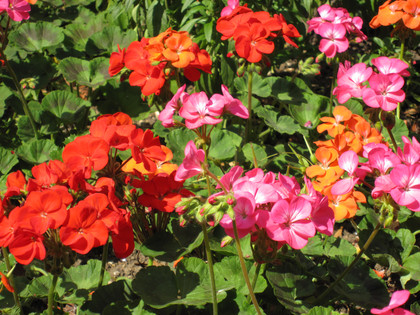
Set the IXUS 200 to Program mode and visit the scene menu and there's an ISO 3200 mode, although our experiences at ISO 1600 suggest you should leave this alone at all costs. Those who take lots of shots in low light are unlikely to need the further reaches of the IXUS's ISO modes, though.
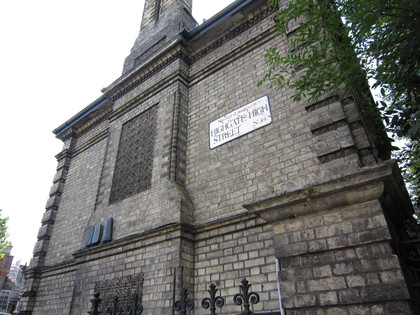
Besides the flash, you also get an incredibly effective image stabiliser, which shifts elements inside the lens to keep shots sharp. It's configurable as well: you can keep it turned on permanently or only when you press the shutter button.
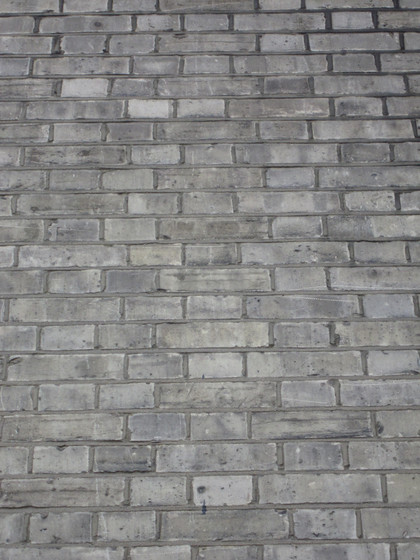
You can also opt for vertical stabilisation, which allows you to pan the camera while shooting, with the stabiliser only compensating for vertical movement.
Current page: Canon IXUS 200 IS: Image quality
Prev Page Canon IXUS 200 IS: Performance and build quality Next Page Canon IXUS 200: ISO testsDave is a professional photographer whose work has appeared everywhere from National Geographic to the Guardian. Along the way he’s been commissioned to shoot zoo animals, luxury tech, the occasional car, countless headshots and the Northern Lights. As a videographer he’s filmed gorillas, talking heads, corporate events and the occasional penguin. He loves a good gadget but his favourite bit of kit (at the moment) is a Canon EOS T80 35mm film camera he picked up on eBay for £18.
